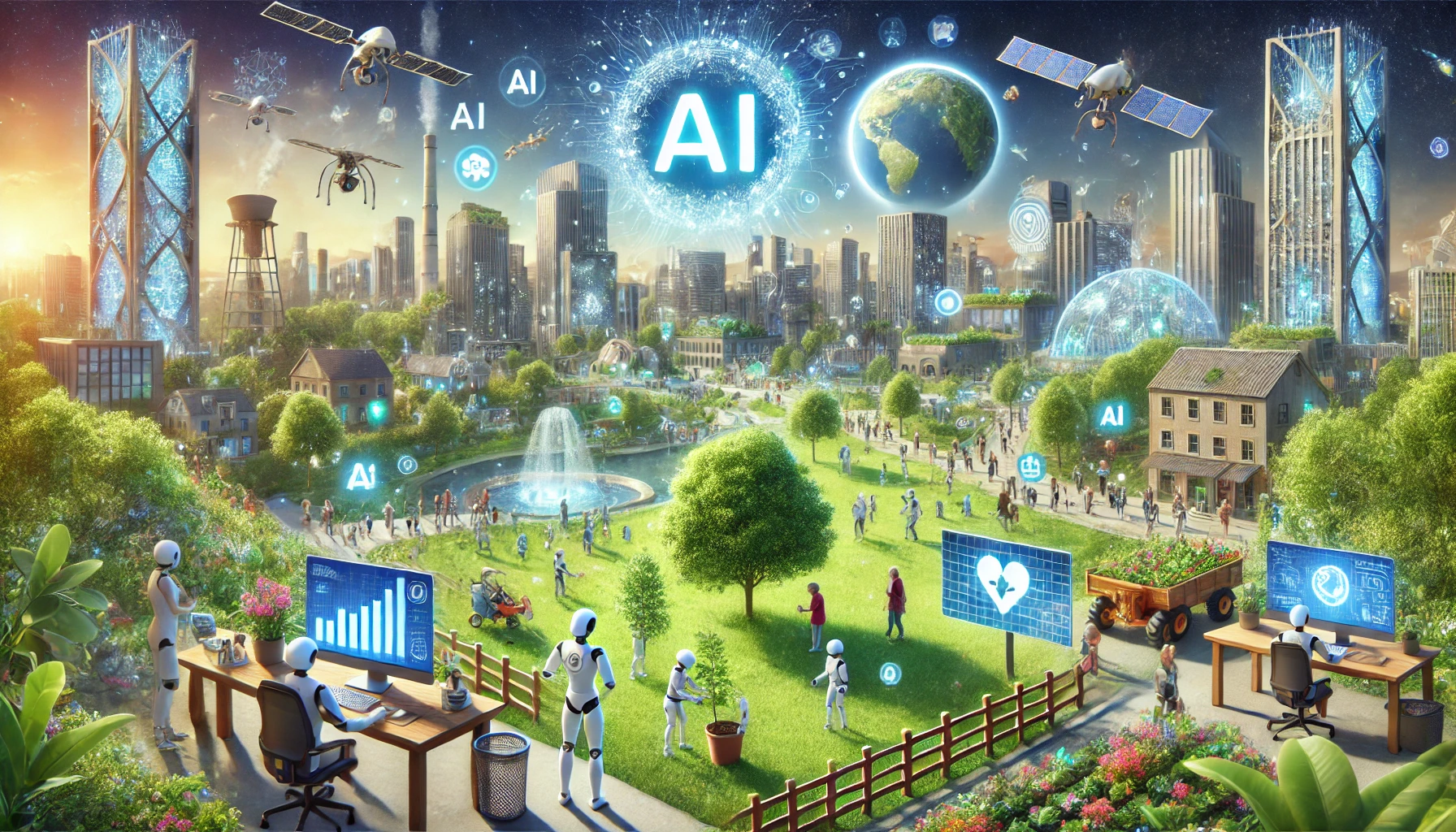The world is facing a number of challenges, including climate change, energy security, and economic development. Renewable energy can help to address all of these challenges.
- Climate change: Renewable energy is a clean source of energy that does not produce greenhouse gases, which contribute to climate change. As the world transitions to a clean energy future, renewable energy will play an increasingly important role.
- Energy security: Renewable energy can help to reduce our dependence on foreign oil. This is important because oil prices are volatile and can fluctuate significantly. Renewable energy is a more stable source of energy that can help to protect us from price shocks.
- Economic development: Renewable energy can create jobs and boost the economy. The solar and wind industries are two of the fastest-growing industries in the world, and they are creating jobs in manufacturing, installation, and operation.
In addition to these benefits, renewable energy can also improve air quality and public health. Renewable energy projects do not produce air pollution, which can cause respiratory problems and other health problems.
There are many different types of renewable energy, including solar, wind, hydropower, geothermal, and biomass. Each type of renewable energy has its own advantages and disadvantages.
- Solar energy: Solar energy is generated from sunlight. Solar panels convert sunlight into electricity, which can be used to power homes and businesses. Solar energy is a clean and abundant source of energy, but it can be expensive to install solar panels.
- Wind energy: Wind energy is generated from the wind. Wind turbines convert wind into electricity. Wind energy is a clean and cost-effective source of energy, but it can be intermittent, meaning that it is not always available.
- Hydropower: Hydropower is generated from the movement of water. Dams create reservoirs of water, which can be used to generate electricity. Hydropower is a clean and reliable source of energy, but it can have negative impacts on the environment.
- Geothermal energy: Geothermal energy is generated from the heat of the Earth’s interior. Geothermal power plants use the heat to generate electricity or to heat homes and businesses. Geothermal energy is a clean and reliable source of energy, but it is not available everywhere.
- Biomass energy: Biomass energy is generated from organic materials, such as wood, crops, and waste. Biomass can be burned to generate heat or electricity, or it can be converted into biofuels, such as ethanol and biodiesel. Biomass energy is a renewable source of energy, but it can have negative impacts on the environment if it is not managed properly.
The transition to a clean energy future will require a mix of renewable energy sources. No single source of renewable energy can meet all of our energy needs. However, by investing in a variety of renewable energy sources, we can create a more sustainable and secure energy future.
The Future of Renewable Energy
The future of renewable energy is bright. The cost of renewable energy has been declining in recent years, and the technology is improving. As a result, renewable energy is becoming more competitive with fossil fuels.
In addition, there is growing public support for renewable energy. People are increasingly aware of the environmental and economic benefits of renewable energy. This support is driving governments to adopt policies that support the development of renewable energy.
As a result of these factors, we can expect to see even more widespread adoption of renewable energy in the future. Renewable energy will play an increasingly important role in meeting our energy needs and reducing our impact on the environment.
Conclusion
Renewable energy is a clean, sustainable, and cost-effective source of energy. It can help to address the challenges of climate change, energy security, and economic development. The future of renewable energy is bright, and we can expect to see even more widespread adoption of renewable energy in the years to come.








